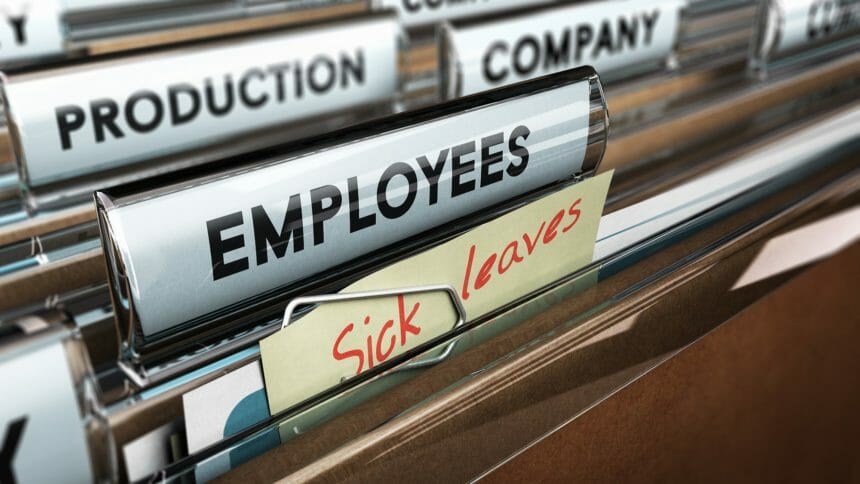
Employers must consider and adjust performance expectations accordingly for time off that employees take under the Federal Medical Leave Act, the 7th Circuit Court of Appeals has ruled.
“The law sharply restricts an employer from imposing full-time performance standards on an employee who is on protected leave. How much leave has an inverse relationship with how much performance is accomplished,” according to attorneys at Anderson Law Offices.
In the court case, a multisite healthcare provider fired a worker for not meeting performance expectations. During the time period evaluated, the employee had been on intermittent leave under the FMLA. According to court records, the plaintiff and her staff were told they had “no choice” but to meet accelerated goals set by the company. In addition, the provider and the employee disputed the amount of hours taken off during the six-month period, 10% versus 20% of her normal working hours, respectively. The employee was placed on a performance improvement plan and then dismissed for not reaching performance goals.
According to court records, the employee had not been told that her alleged poor performance was a reason for the plan or that deficient performance under the plan would lead to her being fired. Overall, the court said, the evidence led to a “genuine question” of whether the company “sincerely believed” that the performance improvement plan justified firing the worker.
“The employer must adjust its expectations to comply with the [FMLA],” the three-judge panel said, vacating a lower court’s jury verdict in favor of the employer and remanding the case back for trial.
“When an employee takes intermittent FMLA leave, managers must understand that the leave is legally protected, and that work issues caused by the employee’s absence cannot be the basis for disciplinary action,” wrote Jonathan M. Crotty, a partner attorney at Parker Poe.
“If employees who take FMLA leave are disciplined, the employer must clearly demonstrate that the cited issues relate to reasons other than the employee’s absence from work,” Crotty added.


